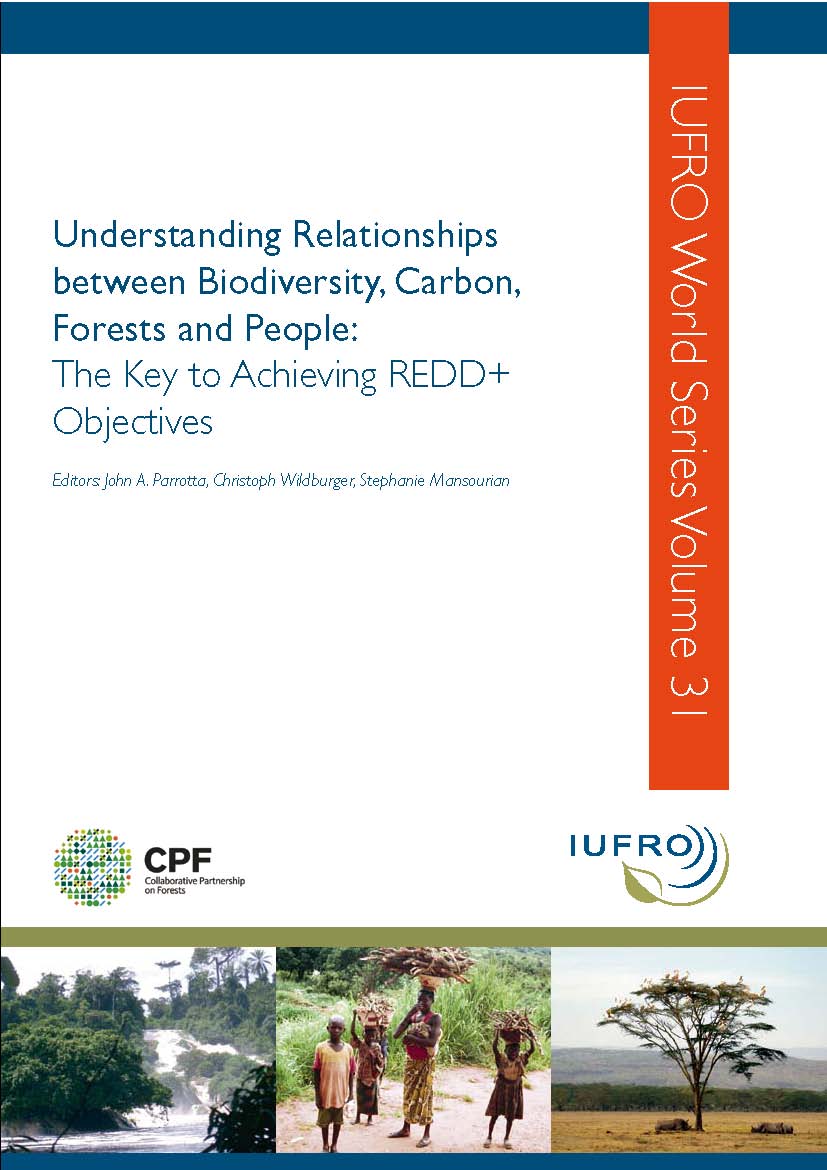Teak is produced in industrial plantations in more than 43 countries. National and international demand for teak timber exceeds the sustainable yield from natural forests and plantations. High demand creates opportunities for enterprising farmers. Teak is now grown in smallholder agroforestry systems in many tropical countries. These systems enable farmers to diversify production, reduce farm risk, contribute to food security, and generate much-needed income. They also meet commercial needs for timber and improve environmental conditions. This paper reports the contributions of teak systems to smallholders' livelihoods in Indonesia, where farmers have been producing teak for over 50 years. Indonesian farmers cultivate teak as one component in integrated multispecies agroforestry systems. Annual cropping is an important aspect of these systems, producing commodities for both household consumption and market sale. Besides supplying food for households, smallholder teak systems provide 40% of household income from agricultural and timber crops. Teak and other tree crops allow households to re-allocate labor to off-farm employment when those opportunities are lucrative. However, farmers suffer from limited resources, labor, and access to information, which constrain the productivity of their teak systems. Specific recommendations are provided regarding how smallholders can adopt improved silvicultural and marketing management. Roles for government, support agencies, and industry that would provide benefits to all parties are outlined. Policy changes that would motivate smallholders to improve the management of their teak systems are identified. Conclusions and recommendations are applicable to smallholder teak systems across the tropics.
DOI:
https://doi.org/10.1080/14728028.2013.855150
Altmetric score:
Dimensions Citation Count:























